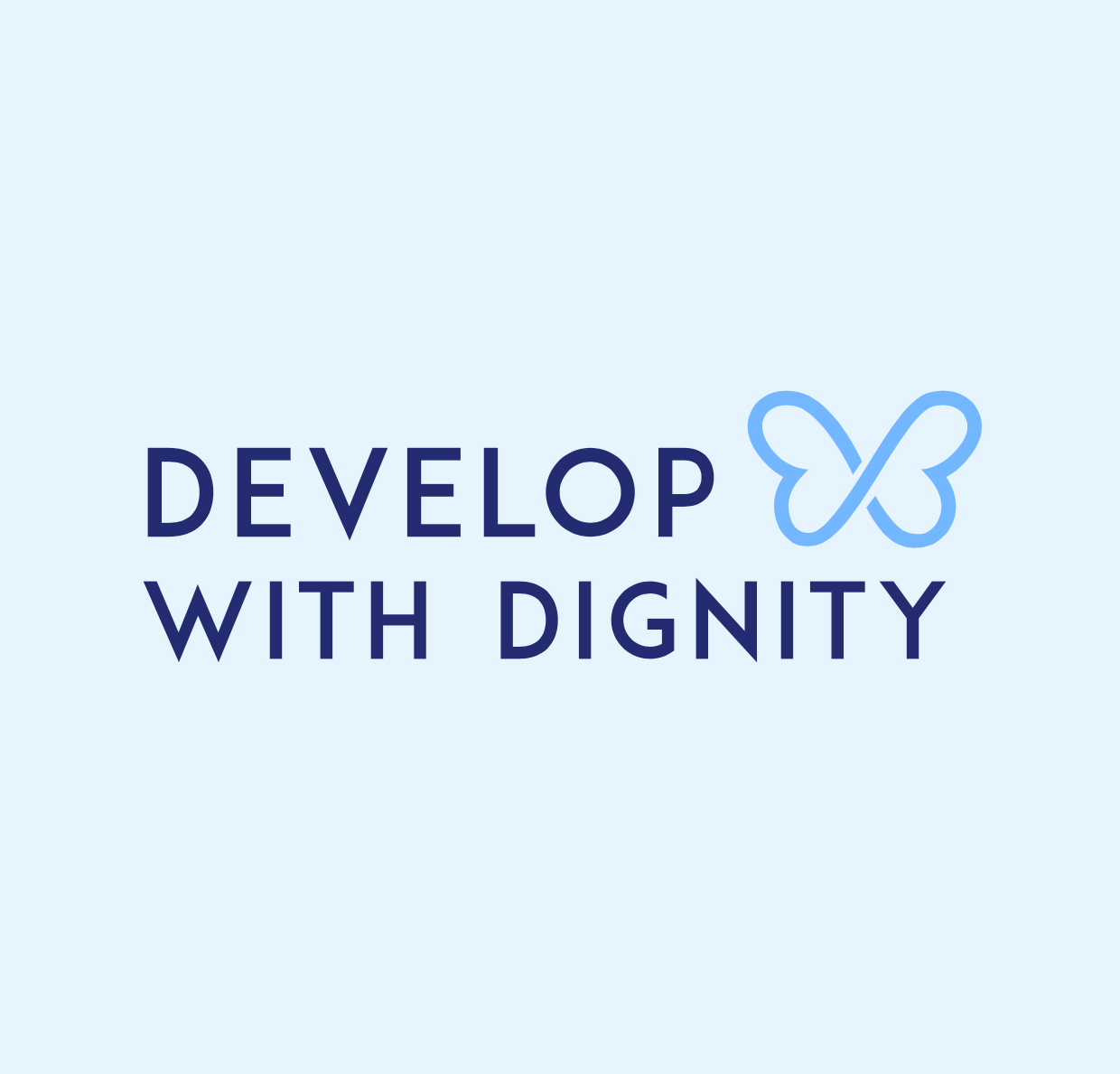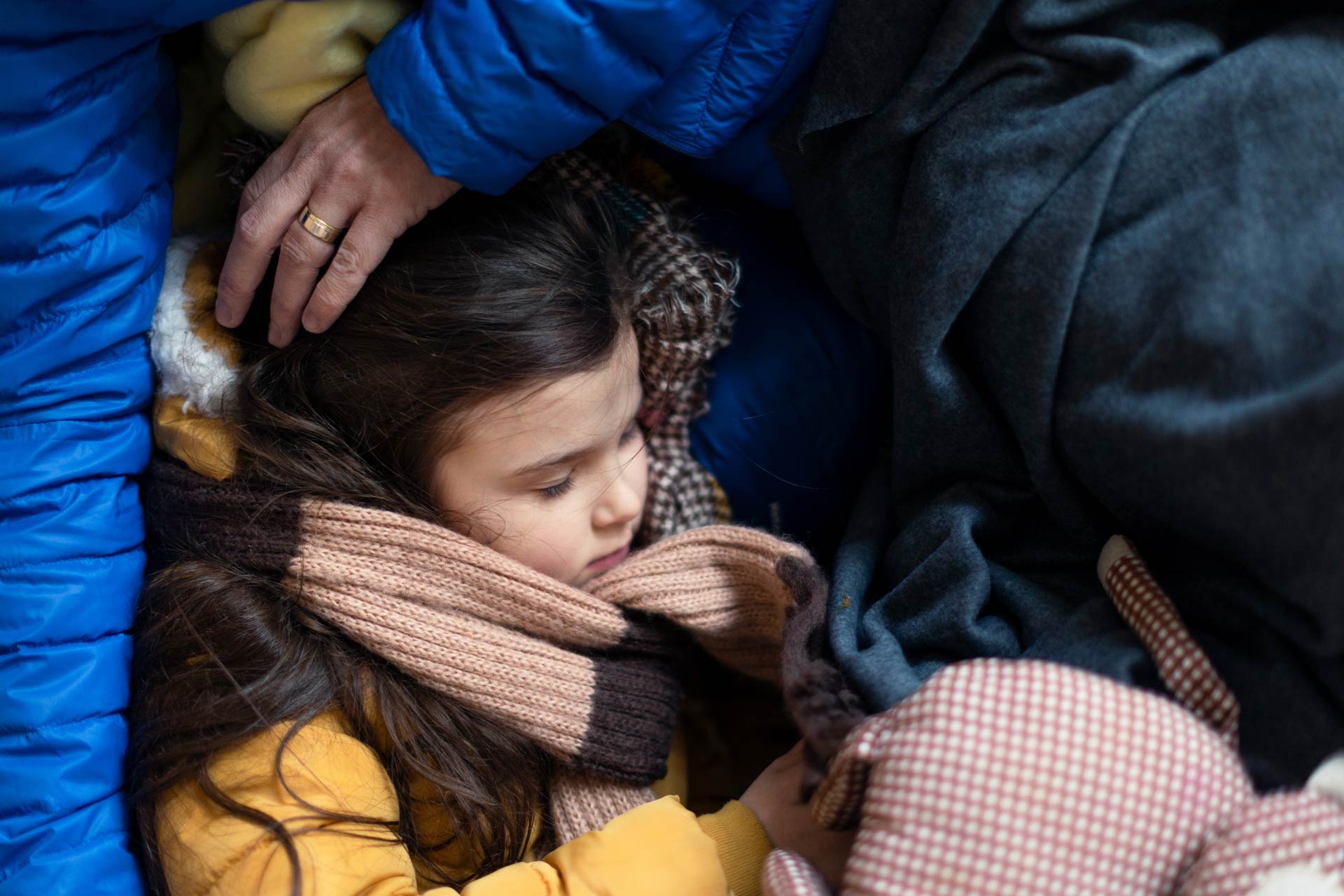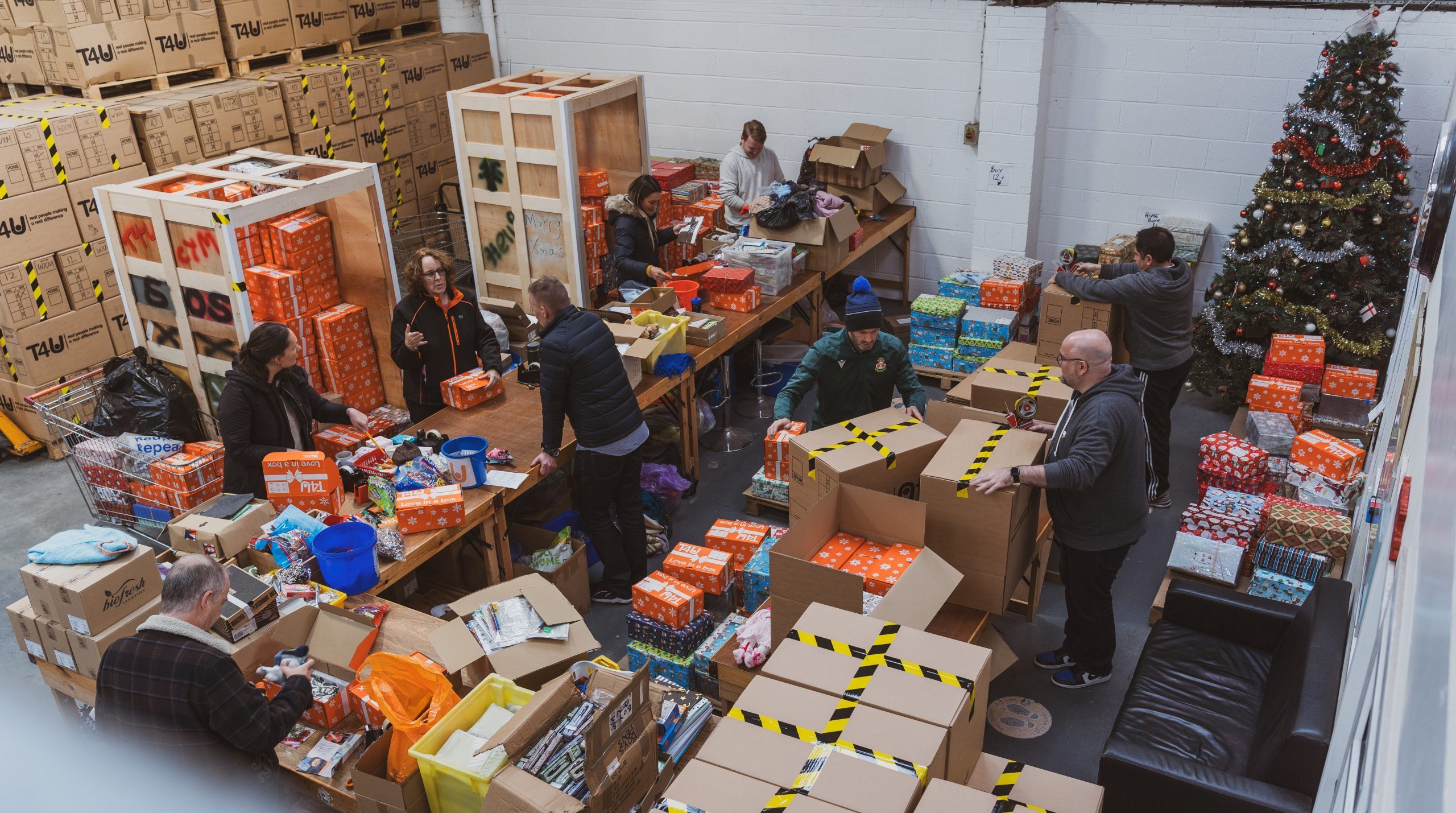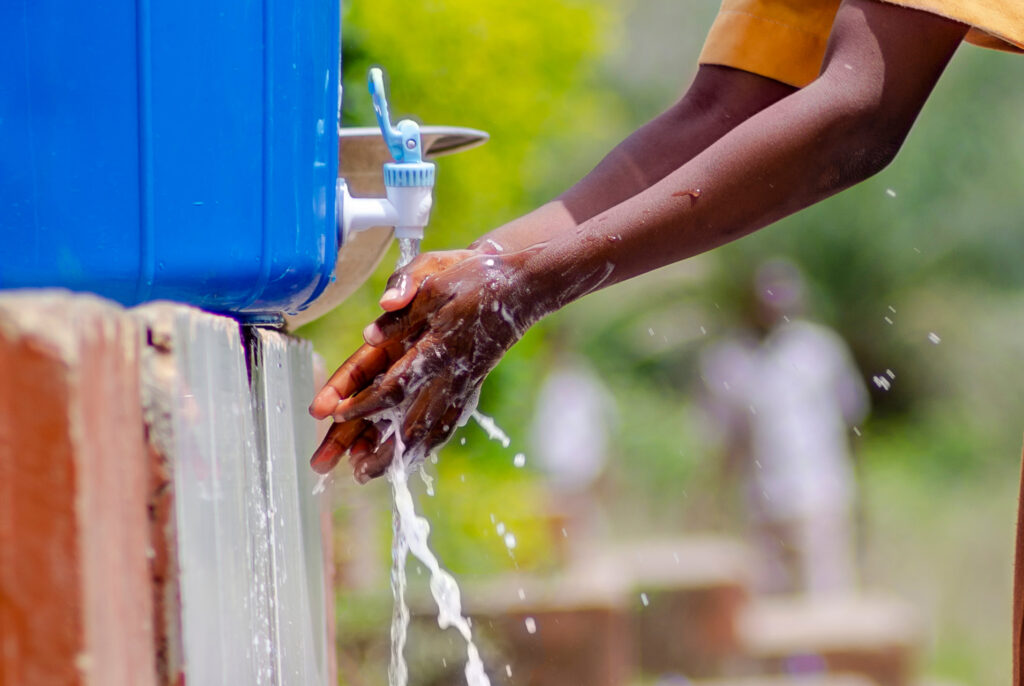The main focus of our Develop with Dignity program is to support schoolgirls to remain in school comfortably and with dignity throughout their periods whilst actively challenging the direct disadvantage girls face in education. As part of our ongoing assessment of the project we re-interviewed girls from 21 schools and learnt that some were still taking half days off school during their periods because, though they now had sanitary supplies, there was no-where to change. They told us the toilets were smelly and full of flies and there was no-where for them to wash their hands.
School absenteeism can have a harmful impact on a child’s grades, particularly when in Uganda, children have to pass their end-of-year exams before moving up to the next year. We’ve met girls so desperate to stay in school that they’ve used leaves and cut bits off their mattresses (as they’ve not had sanitary pads) rather than miss school; or even sat glued to their chair all day, using nothing, knowing they’ve soiled through their clothes.
Spreading disease
We also learnt that up to 25% of rural schools can be off any given day, a percentage of those through illness such as Malaria, diarrhea and stomach complaints. We found out that most of the children are not taught to wash their hands after visiting the toilet and rarely use soap to clean their hands before eating. All the toilets are standard pit latrines – big holes in the ground – that often smell so badly children avoid using them altogether and will actually go behind the school toilet blocks!
Piloting our Sanitation Scheme
Menstruation and hygiene are such basic, everyday, ordinary things that it’s simply untenable that children in school should be going without essential sanitation. We have gratefully been funded by Hub Cymru Africa to upgrade facilities in 10 schools across Kumi, Uganda, in our pilot scheme.
What’s the Plan?
We will be upgrading each school’s toilet block by installing pressurised latrine covers (which is effectively a seal for the hole in the ground), preventing odour and fly infestation
Eight of the schools will receive ‘Tippy-Taps’, a very basic hand-washing station made from sticks, string and a jerry can (portable plastic container for water) that can be easily re-made from readily available materials
Two of the schools will benefit from a concrete based hand-washing station that will allow up to 8 children to wash their hands at the same time
We will be delivering an education program on basic hygiene to the approximately 1,000 pupils per school plus teaching the older children how to make their own ‘Tippy-Taps’ for their homes
What do we hope to achieve?
Like everything we aim to do, we want this project to be sustainable and for the Ugandans to really see the benefit of it and therefore take as much ownership as possible. By teaching them the importance of washing their hands we hope their prefects will take responsibility for the school’s supply of soap, maintaining the Tippy-Taps, cleaning the toilets, encouraging the younger children to wash their hands and taking a class register each day to assess any improvements in school attendance. That could, of course, be aiming for the sky! But we know, by providing even such basic access to adequate sanitation, we will be improving the lives of every child at each benefiting school.






